
Alongside a TechSprint, AIR will be holding a virtual conference featuring knowledgeable and inspirational speakers and panelists who will discuss the challenges and the solutions to combat digital payment fraud in West Africa. Topics will include the importance of gender disaggregated data; consumer protection challenges in West Africa; and the process and challenges of the redress and complaints process.
Attendees will also be able to join the TechSprint demo day, where audiences will have the opportunity to see the solutions that the participants will have worked hard to develop throughout the week. The conference will run from 18 to 22 November 2024 and is open to everyone.
Opening Address: Welcome to Combating Digital Payment Fraud in West Africa

Keynote:

Setting the Scene: Combating Digital Payment Fraud in West Africa
Fraud in West Africa isn’t just a financial crime – it deeply impacts human lives, eroding trust in financial systems and disproportionately harming the most vulnerable. For millions of unbanked and low-income individuals, a single fraudulent incident can wipe out savings, drive families deeper into poverty, and diminish faith in formal financial services. The ripple effects of unchecked fraud destabilize livelihoods, stifle economic opportunity, and widen the gap, perpetuating cycles of inequality and insecurity across the region.
As digital economies expand across West Africa, the rapid adoption of digital payment systems has introduced new opportunities for growth, but also a troubling increase in fraud. For the next week we will dig into topics around Prevention, Protection, Pursuit, Policy and Partnerships and how this can Combat Digital Payment Fraud.





Building Gender-Sensitive Infrastructure for Digital Payment Fraud Prevention
While it is widely acknowledged that women are often more vulnerable to scams and fraud, there is a significant lack of gender-disaggregated data to substantiate this claim. The absence of detailed data about how fraud affects different genders obscures our understanding of its real impact, limiting the ability of governments, financial institutions, and fraud prevention agencies to tailor their interventions effectively.
Many fraud detection and prevention algorithms used by financial institutions are built without considering gender-specific patterns of behavior. Integrating gender-disaggregated data could lead to more sophisticated detection systems that identify and block fraud attempts targeting specific groups. Without interventions, fraud will continue to disproportionately affect women which may compound existing financial inequalities. Without substantive data, financial support systems, recovery mechanisms, and protective measures will continue to overlook this. Addressing these gaps could significantly empower women to protect themselves against fraud to help create a safer financial ecosystem for all.
This panel will explore the specific infrastructure needed to support women in the digital payment ecosystem, focusing on fraud prevention,financial inclusion, accessibility and usage. In particular, the importance of collecting accurate gender-disaggregated data and the challenges around collection. Getting data, analyse data challenges ideation.




Join us for an insightful session where FNA, Tazama and Paycode will showcase their solutions designed to tackle payment fraud. As digital transactions grow globally, so do the challenges of protecting against financial crime. In this session, our presenters will demonstrate advanced tools and technologies tailored to the evolving landscape of payment systems.
Key Highlights
• Fraud Prevention and Detection Strategies: Discover how these organizations use data analytics, machine learning, and real-time monitoring to identify and mitigate payment fraud.
• Localized Solutions: Understand how each solution addresses specific challenges and regulatory requirements within various markets.
• Partnership and Integration Opportunities: Learn how these technologies can seamlessly integrate with existing financial systems to provide enhanced fraud prevention capabilities.
This session offers a valuable opportunity to explore cutting-edge fraud prevention solutions and interact with leaders who are actively working to secure the future of digital payments.


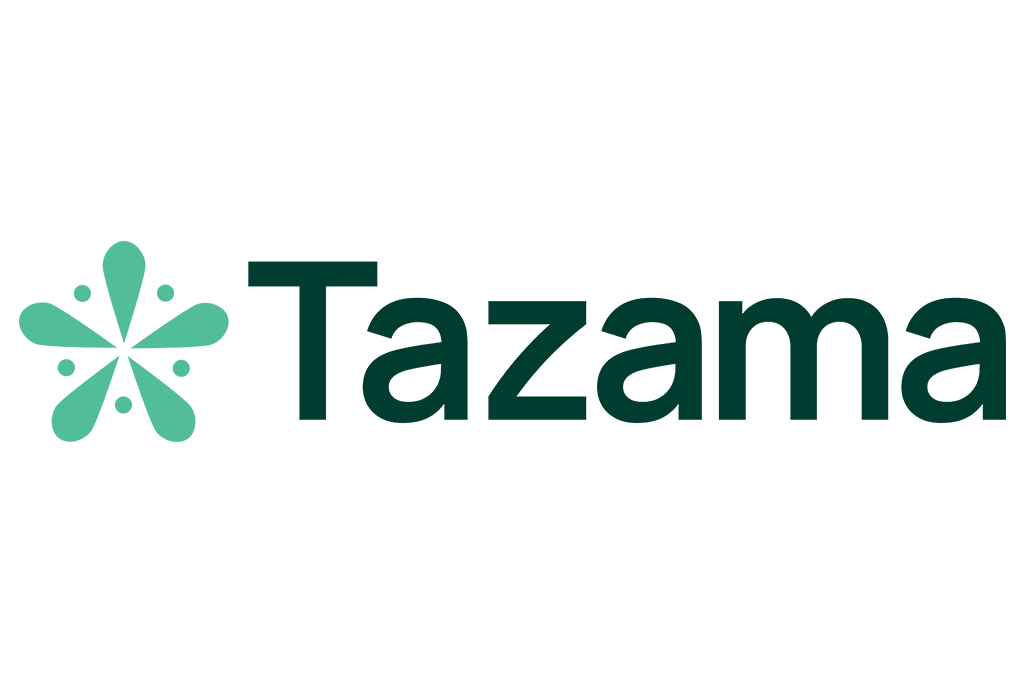
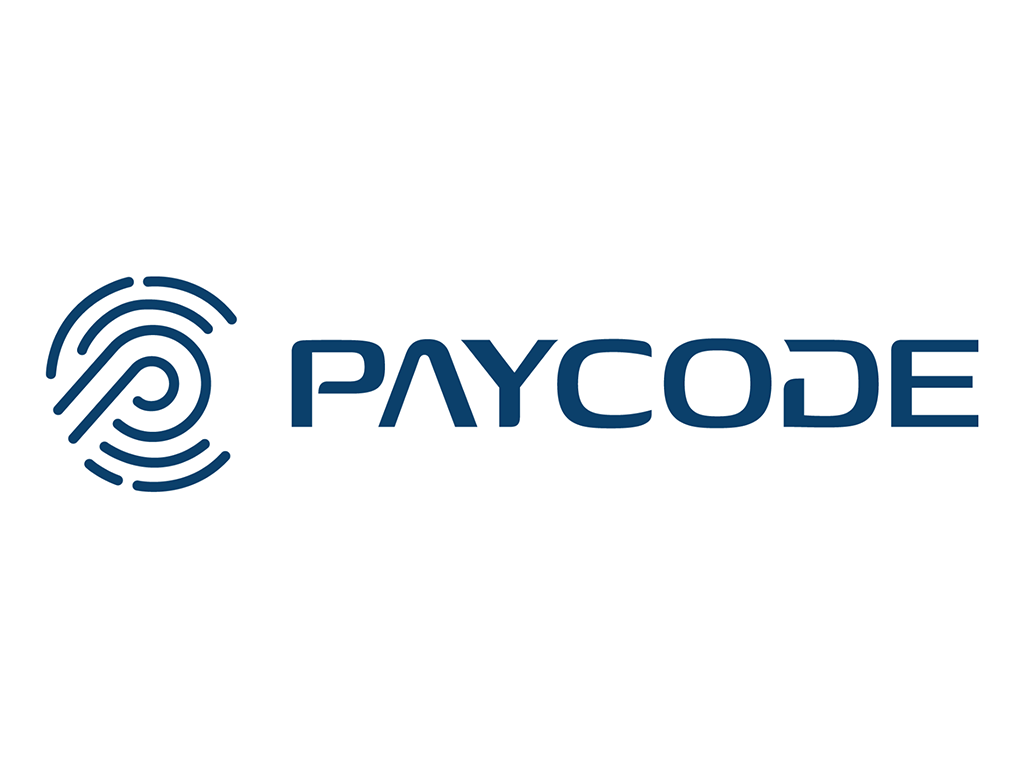
Complaints and Redress for Victims of Fraud in West Africa
In West Africa, complaints and redress for victims of fraud face several challenges. Many people lack awareness of where and how to report fraud, while complex legal and bureaucratic processes make it difficult for victims to pursue justice. Trust in law enforcement and financial institutions is low, further discouraging people from seeking redress. Limited access to consumer protection agencies, especially in rural areas, and the region’s fragmented systems for handling complaints exacerbate the problem, leaving many fraud cases unresolved. These issues prevent victims from getting timely and effective support.
“Complaints and Redress for Victims of Fraud in West Africa” will explore the key challenges faced by individuals defrauded in the region’s financial systems. It will highlight issues such as limited public awareness of reporting mechanisms, the complexities of navigating legal redress, and the lack of trust in institutions tasked with handling fraud cases. The discussion will focus on solutions to improve financial literacy, simplify complaint processes, and enhance collaboration between regulators, financial institutions, and law enforcement. Panelists will share insights on how to better protect consumers and provide effective redress for victims.
It is vital that consumers feel supported. Consumers should feel confident, secure and in control of their finances even in times of challenge – part of this is knowing where to go for complaints and how to remedy fraud.
This conversation will lay the groundwork for a collaborative, solution-oriented approach to improving the consumer protection framework in Nigeria, ensuring that every consumer, regardless of literacy or language, knows who to turn to and what steps to take when defrauded.





Counteracting Digital Payment Fraud through RegTech & SupTech – Prevent, Protect and Pursue
One of the most frequently discussed topics is the regulatory complexities and gaps that allow fraud to persist. Regulations often fail to keep pace with rapid technological advancements, leaving financial institutions and consumers vulnerable. For instance, cross-border payments, which are essential for the West African economy, face regulatory challenges due to inconsistencies in standards between different countries.
Additionally, while there are regulations in place to monitor payment fraud, the enforcement of these laws remains inconsistent, and fragmented regulatory oversight often means that fintech companies and telcos operate in silos. Without centralized or shared data for identity verification and without sufficient cross-border collaboration, fraudsters continue to take advantage of regulatory blind spots and system weaknesses.
To combat the rising threat of payment fraud in West Africa, we must act swiftly and collaboratively. Financial institutions, regulators, and technology providers must prioritize the adoption of integrated, scalable security solutions that can evolve with emerging fraud tactics. This includes strengthening consumer education efforts, especially for vulnerable populations, and closing regulatory gaps that leave systems exposed.
This session focuses on the role of RegTech and SupTech in preventing, protecting against, and pursuing digital payment fraud.




Join us as we conclude the Combating Digital Payment Fraud in West Africa TechSprint, featuring demos, a keynote speaker and fireside chat.
12:30 – 12:35 WAT: Welcome

12:35 – 12:45 WAT: Keynote Address

12:45 – 14:30 WAT: Team Demos
14:30- 15:10 WAT: Fireside Chat


14:30- 15:10 WAT: Judges Deliberation – Closed Door






15:10- 15:13 WAT: Judges Announce Results
15:13-15:15 WAT: Closing
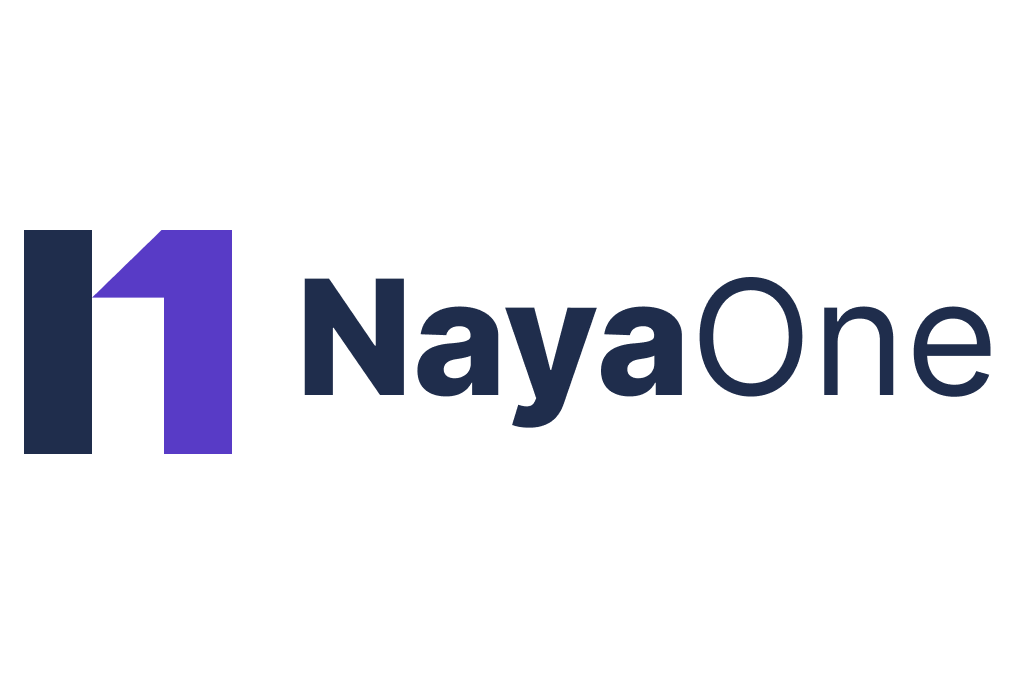

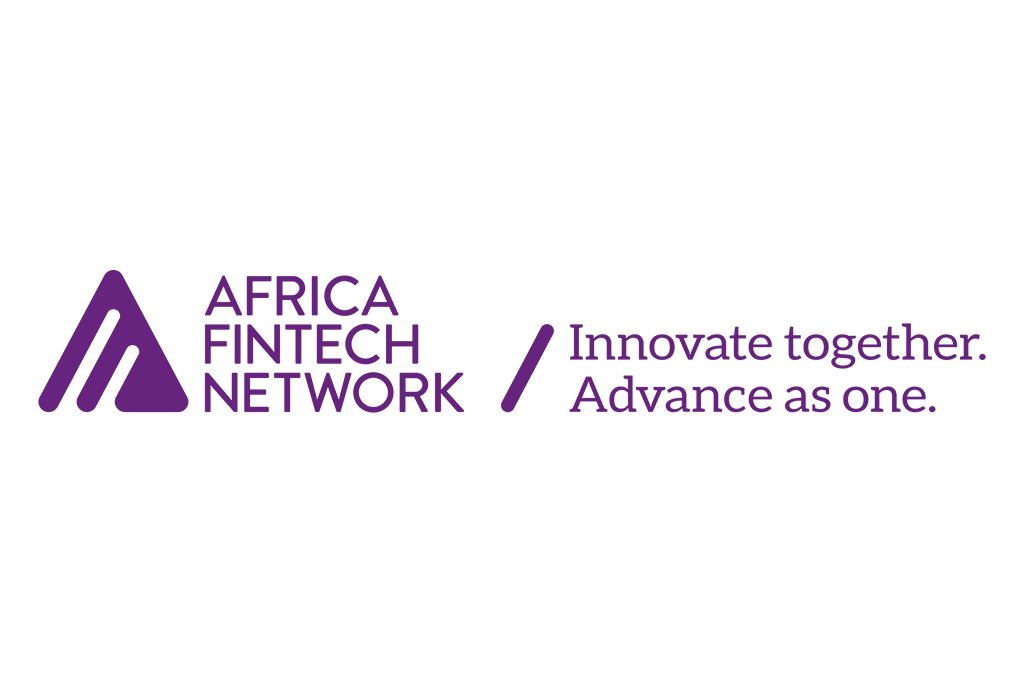
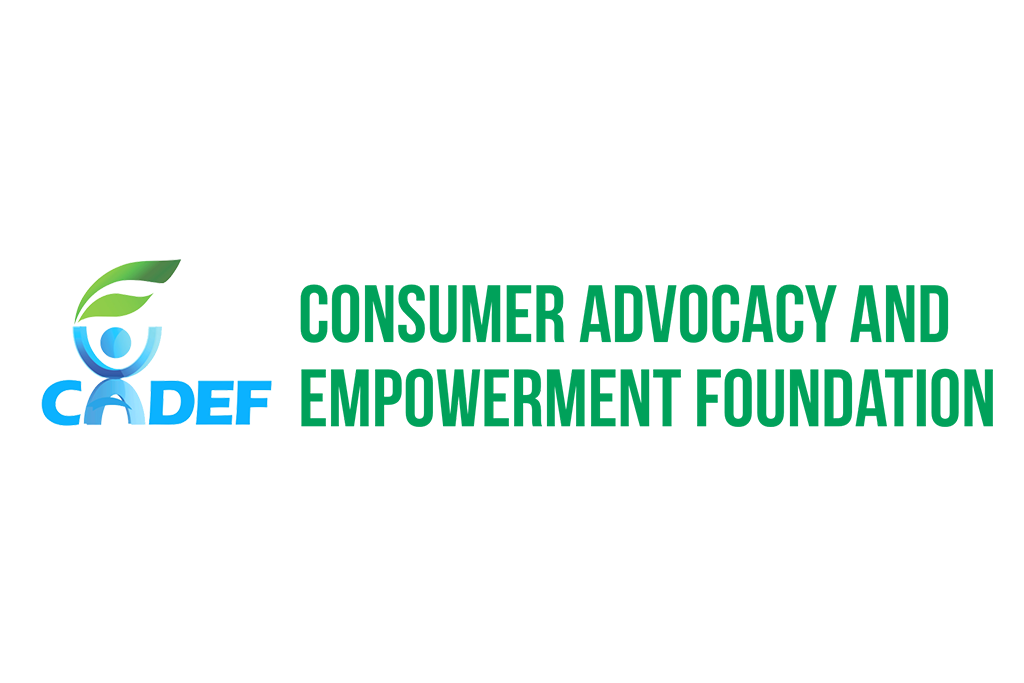
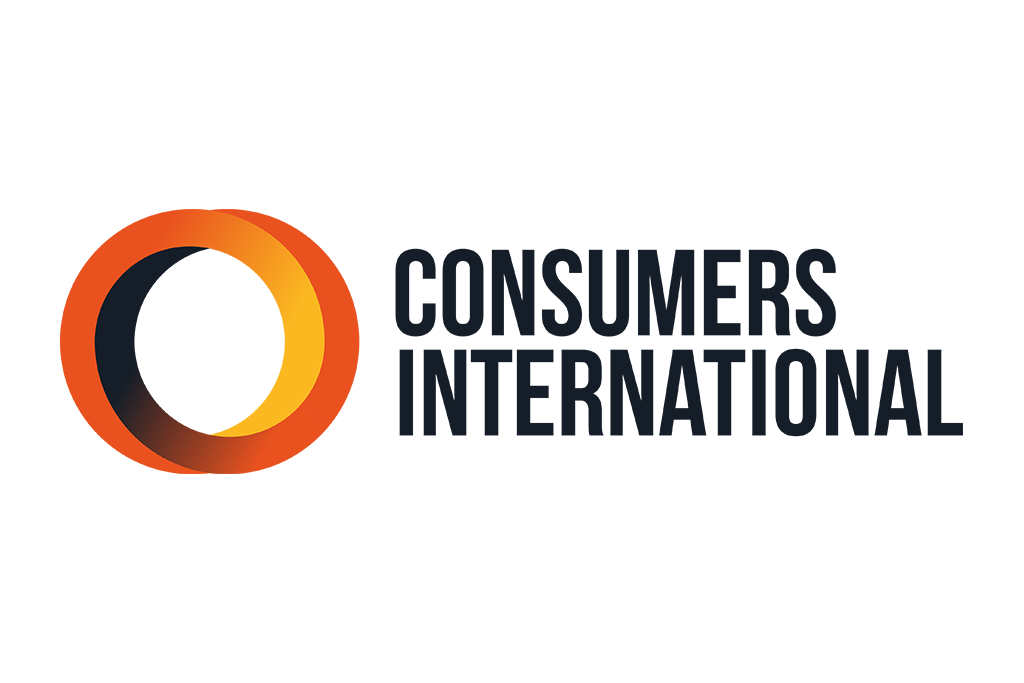
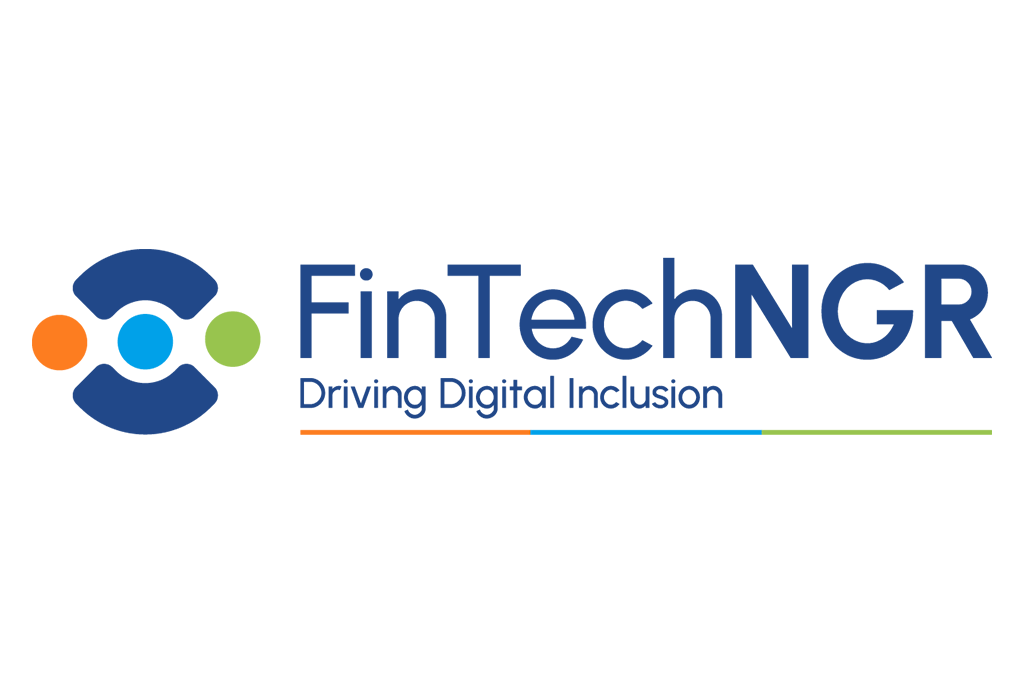


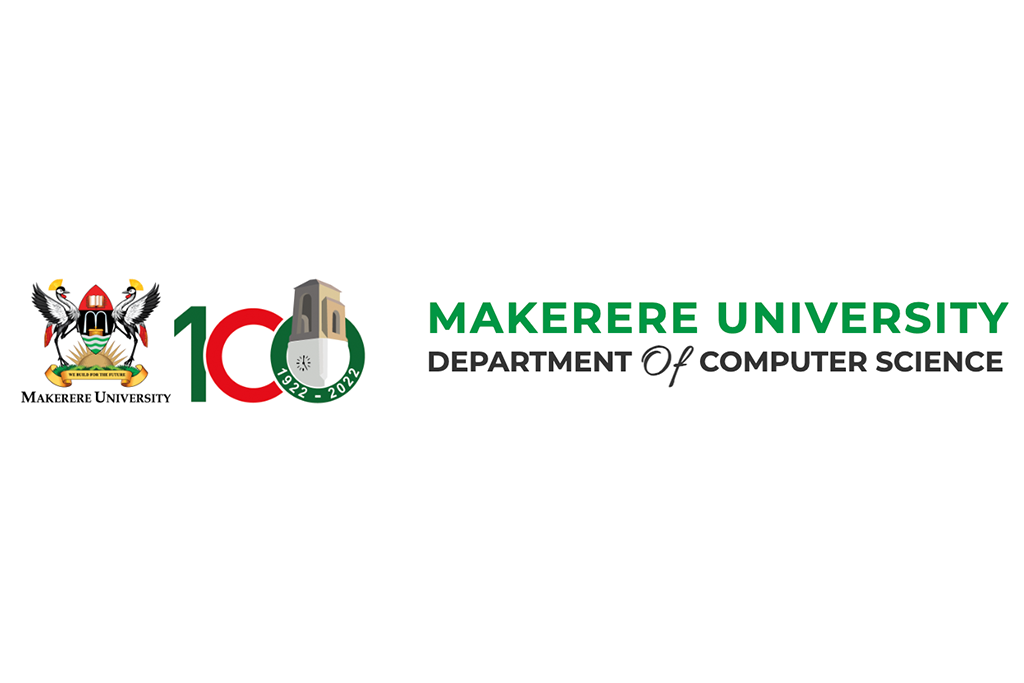


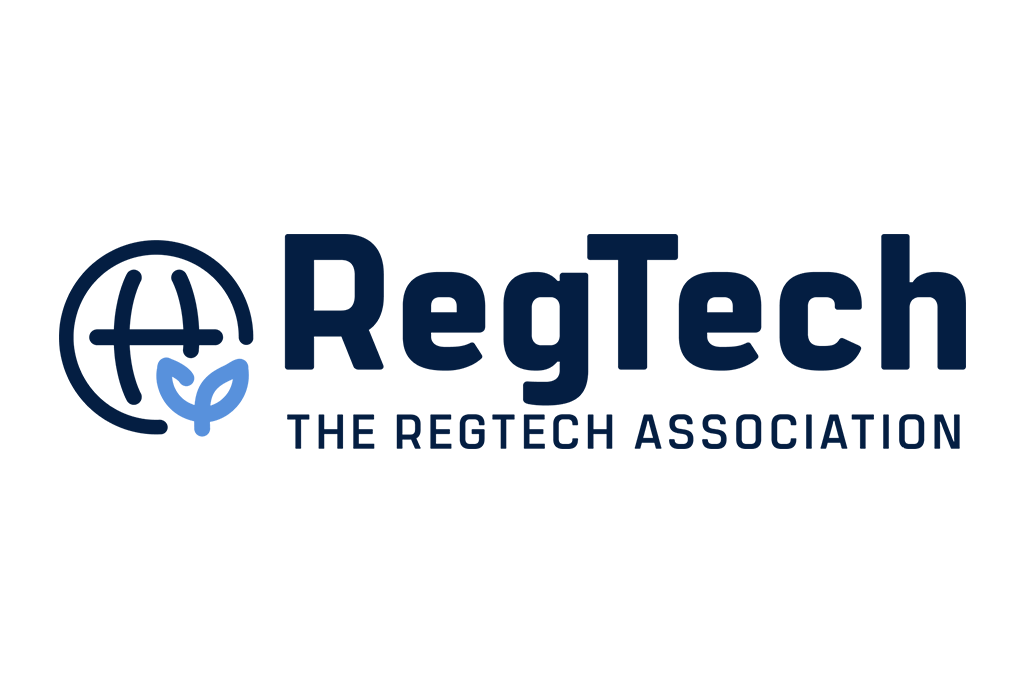

Stay informed by joining our mailing list